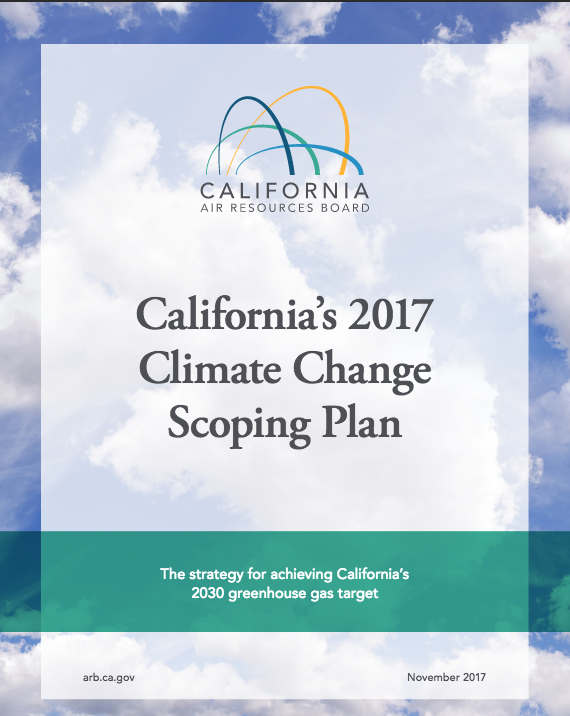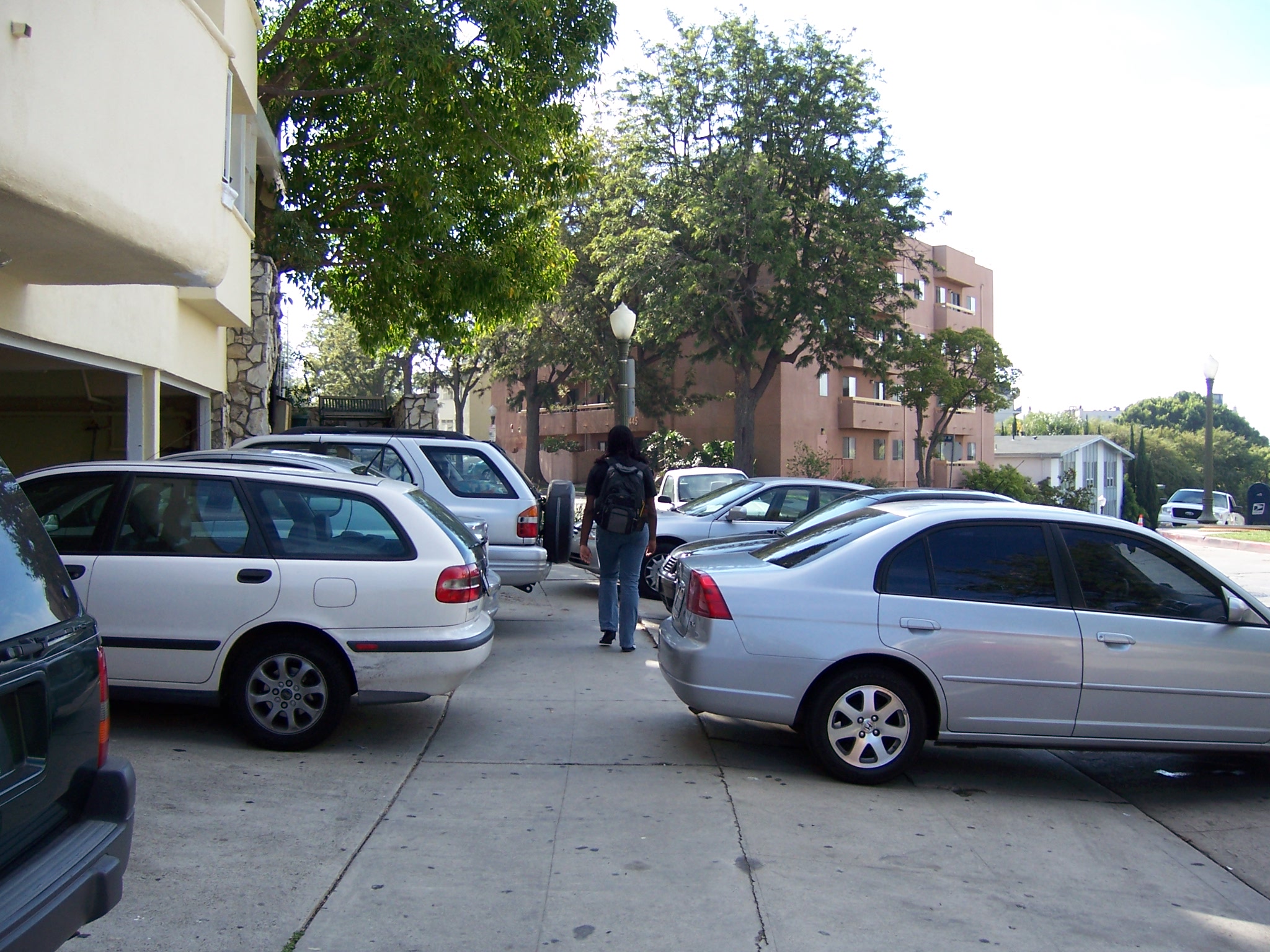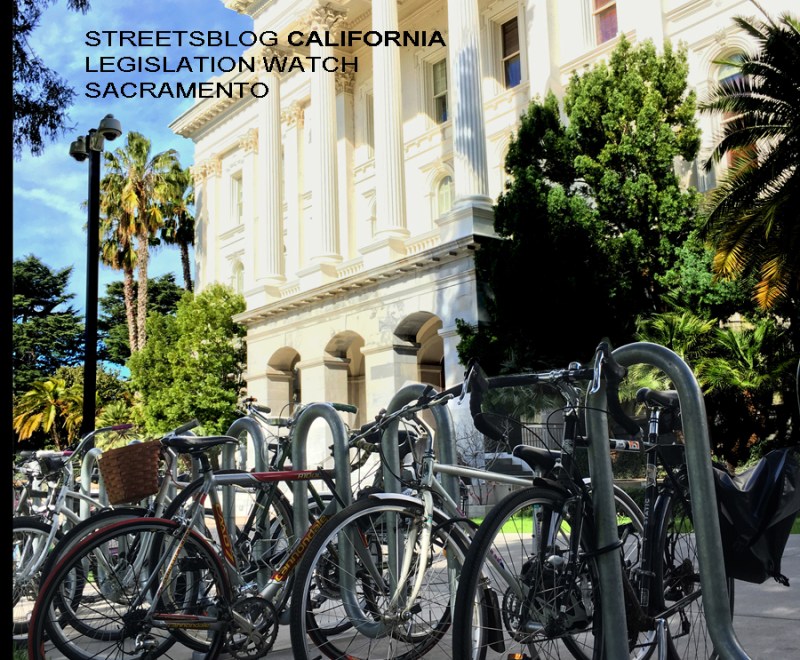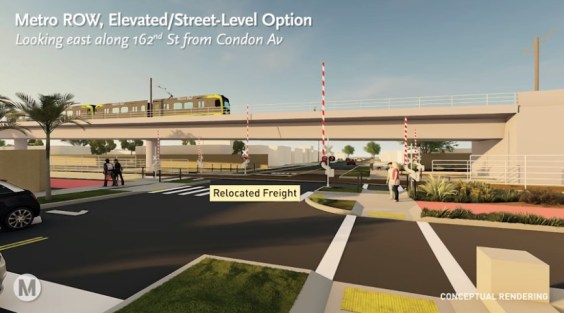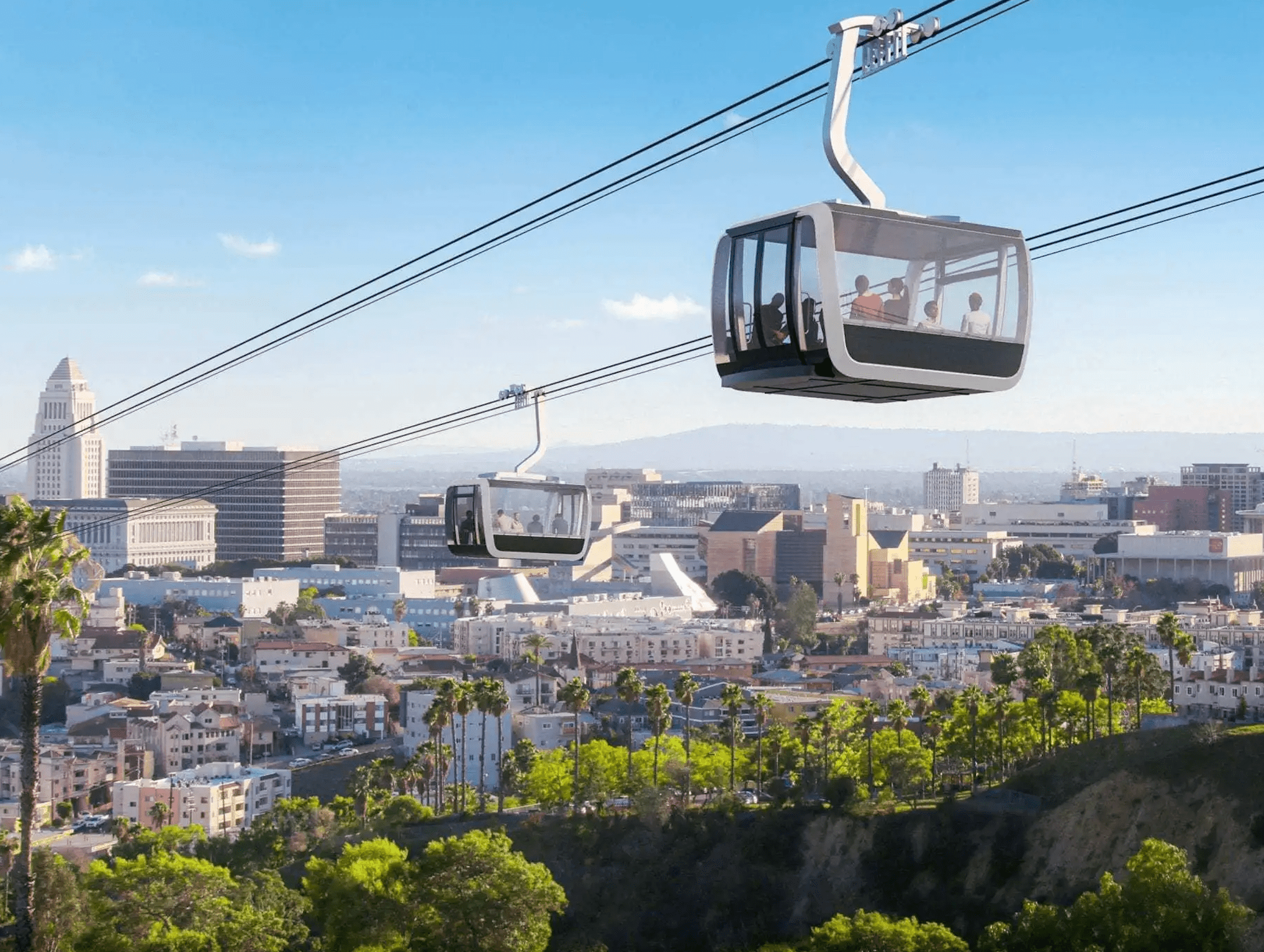In the most recent California Planning & Development Report, Josh Stephens draws attention to a “quixotic” and “aggressively worded” lawsuit filed in April against the Air Resources Board (ARB) and its 2017 Scoping Plan. The plan was the result of a years-long public discussion and analysis of potential ways to reach California's climate change goals for 2030. In its final form, it included a range of policy strategies, including among them cap-and-trade, incentives and programs to increase the electrification of transportation, and strategies to reduce driving.
Stephens writes that the lawsuit contends that the plan—and specifically its encouragement of reductions in driving— “will unduly restrict development of new housing and victimize poor and minority residents of California.”
The suit was filed on the part of an advocacy group called The Two Hundred, which focuses on increasing homeownership among people of color. On the leadership council for the group—and the lawyer handling the lawsuit—is Jennifer Hernandez, who positions herself as a staunch advocate for CEQA reform, but spends time fighting policy changes that encourage less driving.
The lawsuit argues that strategies such as congestion pricing, urban growth boundaries, and urban infill will “unfairly and disproportionately burden low-income communities, including historically disadvantaged minority communities throughout the state.”
“The suit implicitly favors single-family suburban-style housing,” writes Stephens.
It cites a UC Berkeley study contending that multifamily housing is typically more expensive to develop than single-family housing. Therefore, the type of infill development that the Scoping Plan promotes would favor higher-income residents — possibly at the expense of demolition of existing single-family homes in low-income neighborhoods. At the same time, the suit laments long commutes and congestion pricing on the grounds the low-income residents would bear those costs in attempts to find affordable housing (and often work in industries that do not favor telecommuting).
There is no dispute that it's becoming more difficult for people to afford to live and work in California's densest cities, and that low-income workers are commuting longer distances to reach jobs that don't pay enough for them to live nearby. And there are valid, urgent concerns about displacement in California, with so far little success in finding ways to prevent it.
But contending that the ARB's encouragement of building more housing where it is most needed—and where where new housing has been neglected for years—misses the mark.
As does the suit's claim that encouraging infill would result in the destruction of existing single-family housing.
Stephens writes that the suit also dismisses ARB's contention that reducing driving is necessary in order to reduce greenhouse gases “in light of the advent of electric and other low-emissions vehicles.” This viewpoint keeps cropping up, and keeps being rebutted by ARB, whose research shows that even the most aggressive adoption of electric vehicles will not lower emissions enough to reach state goals.
The lawsuit makes clear its windshield perspective when it calls the ARB plan a “scheme” to reduce driving. It further charges that ARB's driving reduction efforts are aimed “to intentionally increase congestion,” and calls switching to active transportation—walking and biking—a “laughable solution” for many Californians, “particularly those in the partially rural Central Valley.”
Well, yes, in our car-centric communities—in the Central Valley and elsewhere—walking and biking can be very uncomfortable. But decent infrastructure would solve that problem better than insisting that those people who are already biking and walking don't exist.
The complaint itself calls several of the suggested strategies in the scoping plan that refer to housing and miles driven “staggering, unlawful, and racist,” claiming that they would “increase the cost and litigation risks of building housing, intentionally worsen congestion... and further increase the cost of transportation fuels and electricity.”
Stephens spoke to ARB spokesperson Dave Clegern, who says that the suit vastly overstates the power and legal standing of the Scoping Plan.
"The lawsuit treats the 2017 Scoping Plan as regulatory, but the plan does not contain any regulations,” said Clegern. “It is a guidance document for California’s greenhouse gas programs and their intersection with the state’s air pollution rules.”
Whether the suit turns out to be quixotic remains to be seen. Some of the issues it raises are important and need further discussion—but the same goes for its underlying, unspoken assertion that the only reasonable way to get anywhere in California is via private car.
The California Planning & Development Report puts some of its articles, including this one, behind a paywall.
Follow Streetsblog California on Twitter @StreetsblogCal
